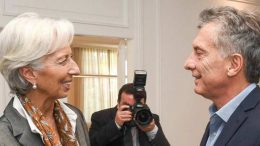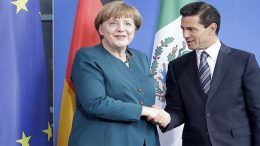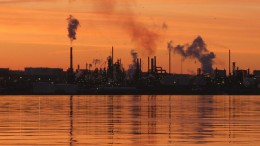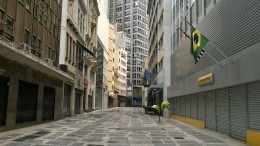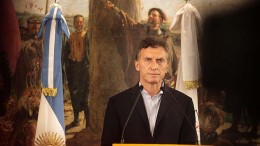Argentina Puts Itself Into The Hands Of The IMF
President of Argentina, Mauricio Macri, has not taken long to see the writing on the wall: he has officially asked for help from the IMF. On Monday, the peso/$ devalued 5%, which is a savage drop. Domestic and foreign equity have completely lost confidence in the economic governance and have fled terrified, with huge losses, given the peso’s accumulated depreciation.

